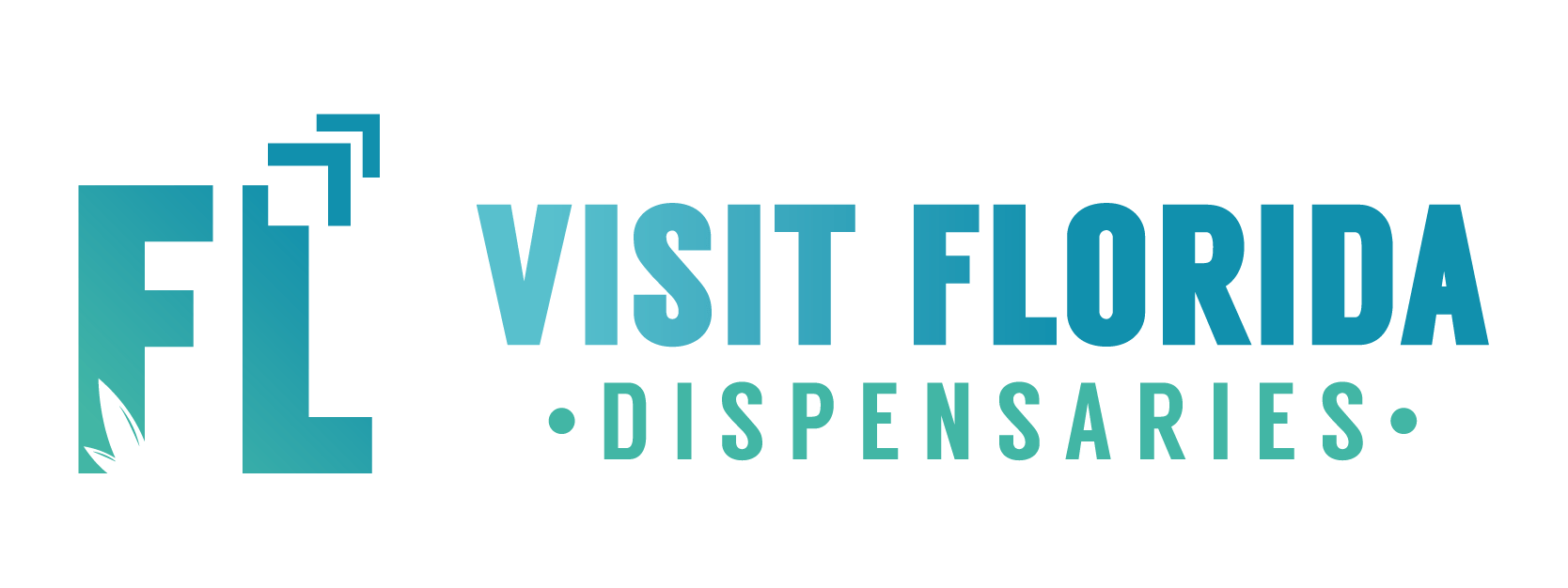Stress and anxiety are common experiences in modern life, affecting millions of people worldwide. The fast-paced nature of work, financial pressures, and personal responsibilities contribute to heightened stress levels, while anxiety disorders remain one of the most prevalent mental health issues. Many individuals seek natural remedies for relief, and cannabis has emerged as a potential option. With ongoing research and increasing acceptance of medical cannabis, more people are exploring its benefits for managing stress and anxiety.
Understanding Stress and Anxiety
Before exploring how cannabis can help, it’s essential to understand the nature of stress and anxiety.
- Stress is the body’s natural response to challenges or demands. It triggers the release of cortisol, the primary stress hormone, which prepares the body for a “fight-or-flight” response. Short-term stress can be beneficial, but chronic stress can lead to physical and mental health problems, including high blood pressure, insomnia, and weakened immune function.
- Anxiety is characterized by excessive worry, nervousness, or fear. While occasional anxiety is normal, persistent anxiety may develop into disorders such as generalized anxiety disorder (GAD), panic disorder, or social anxiety disorder.
Traditional treatments for stress and anxiety include prescription medications like selective serotonin reuptake inhibitors (SSRIs) and benzodiazepines. While effective, these medications can have side effects such as drowsiness, dependency, and withdrawal symptoms, prompting many people to explore alternative therapies like cannabis.
The Science Behind Cannabis and Anxiety Relief
Cannabis interacts with the endocannabinoid system (ECS), a network of receptors that regulate mood, stress response, sleep, and emotional processing. The two primary cannabinoids found in cannabis, CBD (cannabidiol) and THC (tetrahydrocannabinol), influence the ECS in different ways, offering varying effects on stress and anxiety.
CBD (Cannabidiol) for Anxiety Relief
CBD is a non-psychoactive cannabinoid known for its calming properties. Research suggests that CBD influences serotonin receptors in the brain, similar to some anti-anxiety medications, helping to regulate mood and emotional stability. Studies have shown that CBD may reduce symptoms of:
- Social anxiety disorder (SAD)
- Post-traumatic stress disorder (PTSD)
- Generalized anxiety disorder (GAD)
- Insomnia related to stress
Unlike THC, CBD does not produce a “high,” making it a suitable option for those seeking relief without intoxication.
THC (Tetrahydrocannabinol) and Stress Relief
THC is the psychoactive compound in cannabis responsible for the “high” sensation. In low doses, THC can help reduce stress by promoting relaxation and euphoria. However, higher doses can sometimes increase anxiety or induce paranoia, especially in individuals sensitive to THC.
For those looking to manage stress without unwanted side effects, low-THC, high-CBD strains or balanced THC-to-CBD ratios are often recommended.
Choosing the Right Cannabis Strain for Stress and Anxiety
Not all cannabis strains produce the same effects. Cannabis is commonly categorized into three types:
- Indica Strains: Known for their relaxing and sedative effects, indica strains are often used in the evening to promote stress relief and better sleep.
- Sativa Strains: Typically more energizing, sativa strains can uplift mood but may not be ideal for individuals prone to anxiety.
- Hybrid Strains: A mix of indica and sativa effects, hybrids can be tailored to provide balanced stress relief.
For anxiety, strains high in CBD or with a low THC-to-CBD ratio are preferred. Some well-known anxiety-relief strains include:
- Harlequin (CBD-dominant hybrid) – Provides relaxation without strong psychoactive effects.
- Granddaddy Purple (Indica) – Helps with stress and sleep disorders.
- ACDC (CBD-dominant hybrid) – Reduces stress without impairing mental clarity.
- Blue Dream (Balanced Hybrid) – Offers mild euphoria with relaxation.
Methods of Consuming Cannabis for Stress and Anxiety
The method of consumption can impact how cannabis affects stress and anxiety. Here are some common options:
- Oils and Tinctures: Allow for precise dosing and are quickly absorbed when taken sublingually (under the tongue).
- Edibles: Provide long-lasting effects but take longer to kick in. They should be used cautiously to avoid overconsumption.
- Vaping: Offers fast relief, but inhalation may not be suitable for individuals with respiratory conditions.
- Capsules and Softgels: Provide a discreet and consistent dosage.
- Topicals: Useful for localized stress relief, such as muscle relaxation.
When using cannabis for anxiety, it’s best to start with a low dose and gradually increase as needed to find the right balance.
Potential Risks and Considerations
While cannabis can offer stress and anxiety relief, it is not a one-size-fits-all solution. Some factors to consider include:
- Dosage Sensitivity: Higher doses of THC may trigger anxiety in some users. Microdosing (using small amounts) can help mitigate this risk.
- Personal Tolerance: Individuals react differently to cannabis based on genetics, experience, and body chemistry.
- Legal Restrictions: Cannabis laws vary by location, so it’s important to check local regulations before use.
- Possible Drug Interactions: Those taking prescription medications should consult a doctor before using cannabis.
Final Thoughts
Cannabis has shown promising potential in managing stress and anxiety by interacting with the body’s endocannabinoid system. CBD-rich products and balanced THC-to-CBD strains provide relief without the risks associated with traditional medications. However, cannabis affects individuals differently, and responsible use is key to achieving the best results.
As research continues, cannabis is becoming an increasingly accepted tool for mental wellness. Those considering cannabis for stress or anxiety should consult with a healthcare professional to determine the best approach for their specific needs.
